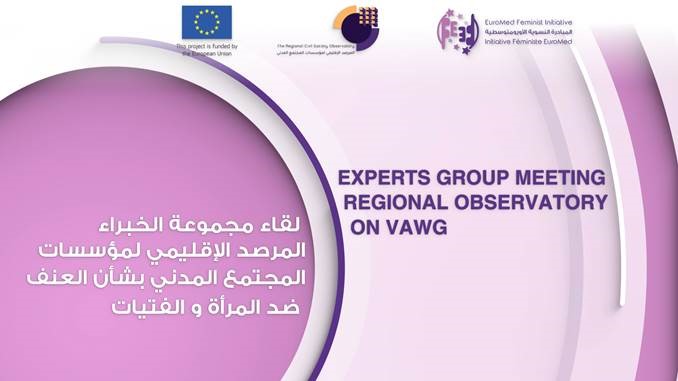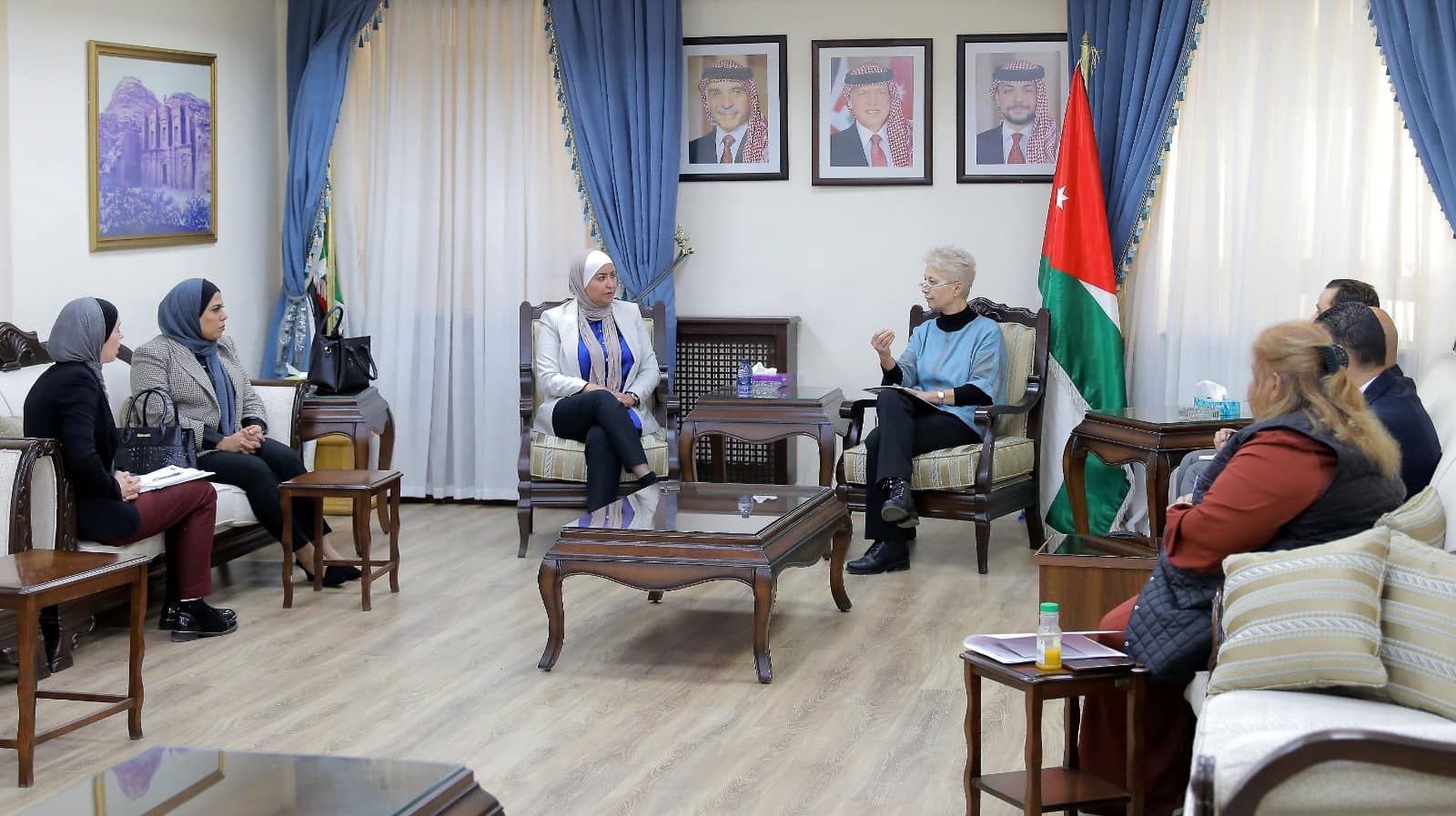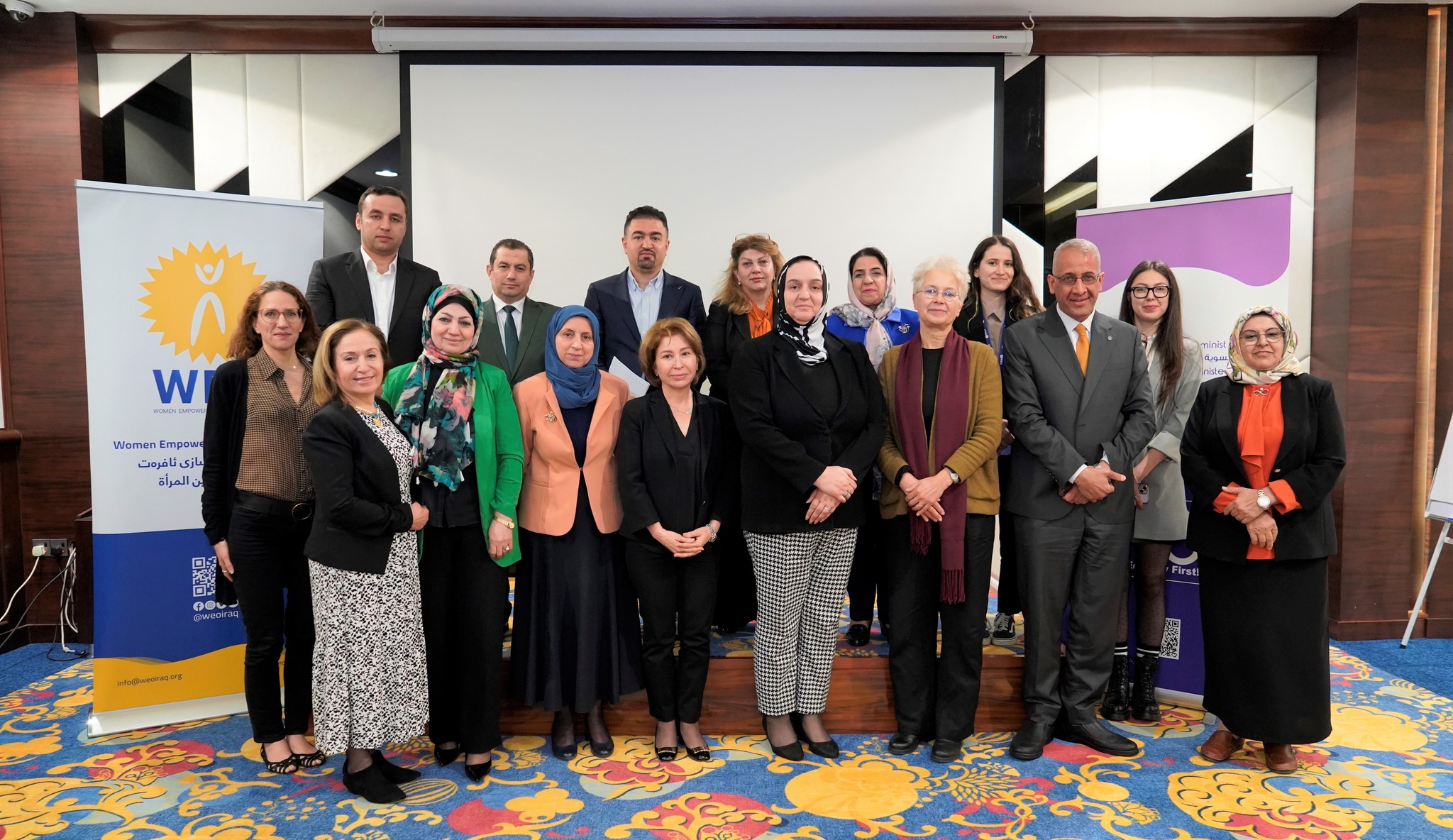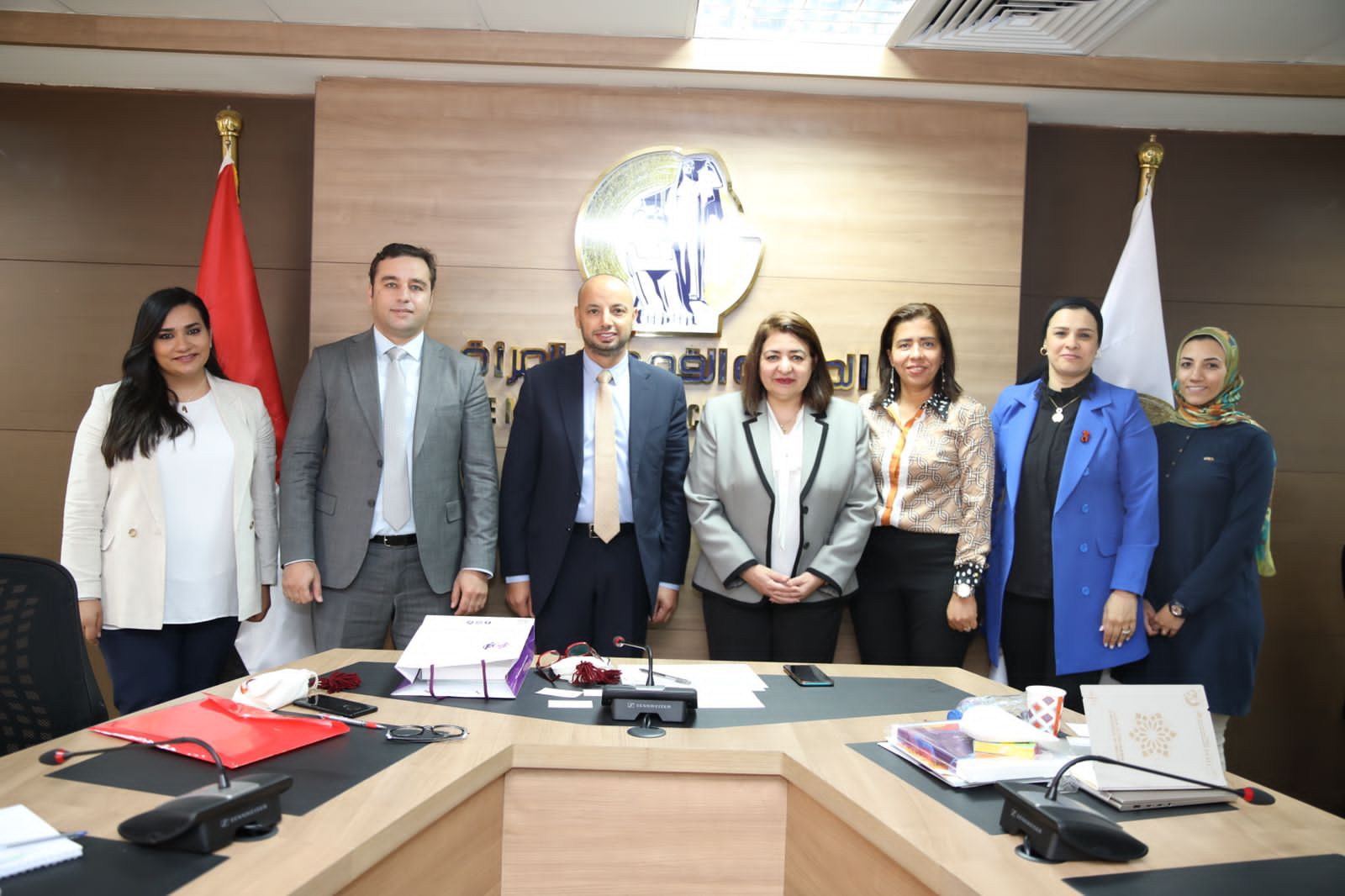Expert Group Meeting - Regional Index on VAWG

The Regional Observatory on VAWG invited in expert group of researchers, legal and gender expert to its first meeting to discuss the developing of the second edition of the Regional Index on VAWG. The objective of the meeting, which was held remotely due to the growing global concern over the COVID-19 outbreak, is to continuously provide expert insights and analysis on the content, scope and use of the Regional Index on VAWG at national and regional level. The Regional Index supports the follow up and the implementation of the Ministerial Declaration of the 4th Union for Mediterranean (UfM) Ministerial Conference on Strengthening the Role of Women in Society (November 27th, 2017, Cairo), in the area of combatting all forms of Violence against Women and Girls (VAWG), implementation of Women, Peace, Security Agenda (WPSA), and Preventing Violent Extremism (PVE).
The Regional Observatory on VAWG developed different tools to follow up the implementation of the UfM declaration, chief among them, the regional index. The index is meant to provide a global documentation on laws, public policies and services related to VAWG and WPSA and their alignment with international laws and women´s rights instruments. It includes a set of indicators to follow up and support the implementation of policies and measures to combat VAWG in the South Mediterranean. The index consists of two parts. The first part covers VAWG and includes 49 indicators. The second part covers WPSA and includes 24 indicators.
The mission of the Expert Group in this meeting was to provide expert insights and analysis on the content, scope and use of the regional index at national and regional level with a view to continuously improving the quality, relevance and impact of the regional index in combating VAWG. The Expert Group discussed the Regional Index framework and the ways to establish mechanisms of work for developing the second edition of the Index.
9 members of the expert group (researchers and experts in law and gender) attended the meeting from Algeria, Egypt, Lebanon, Jordan, Palestine, Morocco, Tunisia, Syria, France, Norway and Sweden.
The experts agreed on the following as a next step for the development of the second edition of the regional index on VAWG:
1- Emphasis on the importance of following up on the implementation of laws, and not just mentioning them. Sometimes the laws are devoid of internal laws that address the mechanism of implementation, and there is a need to add legal texts to each indicator that covers the legal framework.
2- Develop indicators to cover the implementation mechanism of national strategies on VAWG, and follow-up whether these strategies contain human resources, financial resources, and a monitoring and evaluation plans.
3- Following the composite index method, such as setting a numerical weight or a percentage for each indicator, and that these indicators are developed on an annual basis, thus ensuring the provision of quantitative information for this indicator and thus facilitating the measurement of countries’ progress or delay in achieving the indicator.
4- Focusing on the following issues: marital rape, equality in inheritance, addressing the practice of adultery or prostitution with women only, especially outside marriage.
5- Developing indicators to cover: political participation and obstacles facing women, addressing sexual and reproductive health issues.
6- The seven categories of the indicator are sufficient, but there is a need to work on developing indicators such as the subject of electronic and cyber violence.
7- Creating new categories to cover the indicators, taking into account the existence of documented information on these categories, such as single women and girls at homes.



